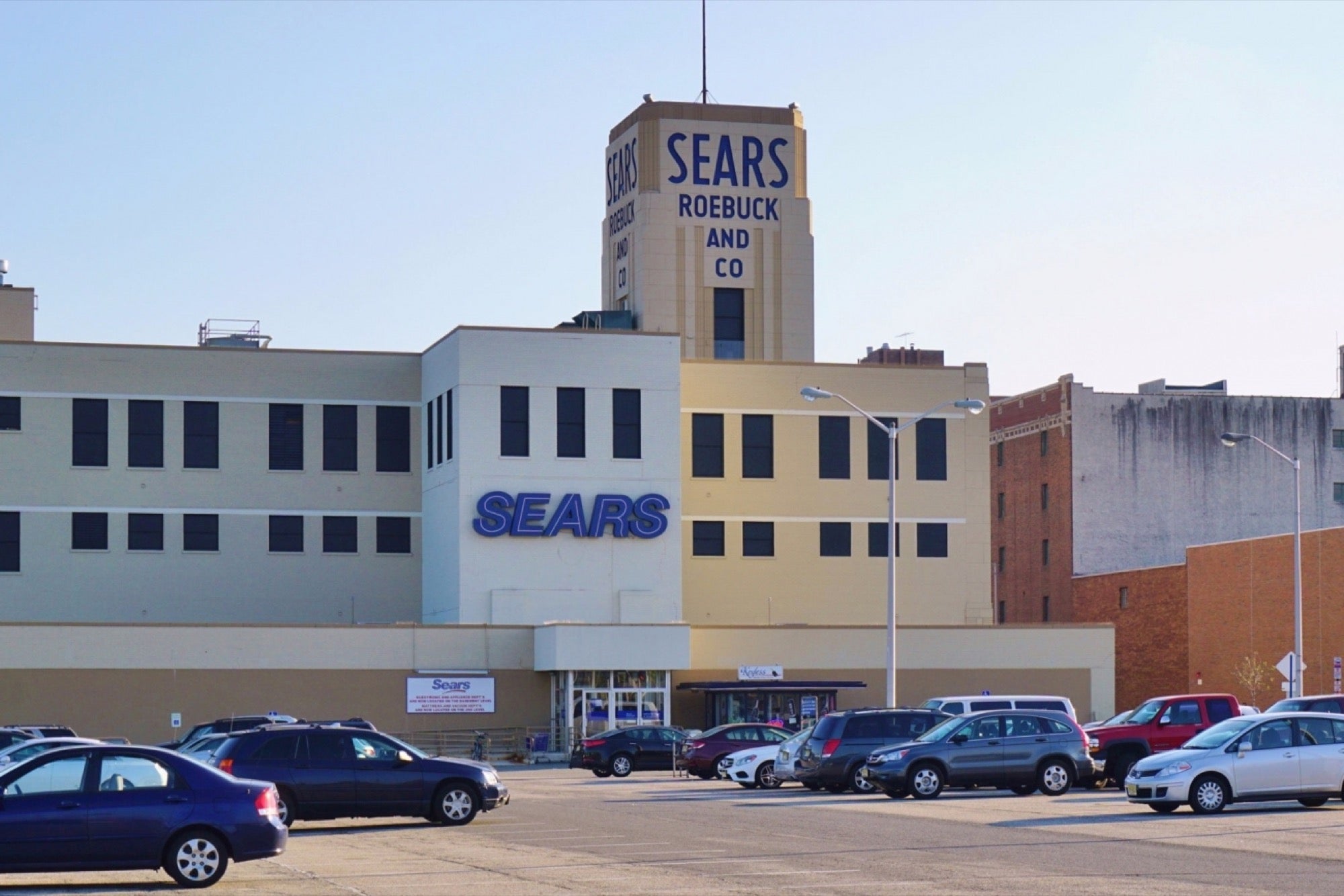Why Technology Disruption Is Not Better for Entrepreneurs Respect the persistence and profitability of old-school businesses.
By Steve Tobak Edited by Dan Bova
Opinions expressed by Entrepreneur contributors are their own.

We live in an era of unprecedented technological change. Common wisdom says that entrepreneurs should be disruptive. The popular meme is that you're either a disruptor or you'll end up being disrupted. That's nonsense. In many fields and industries, you'll be far better off going old school.
Driving down a residential street the other day, I ended up behind a newspaper delivery van. "How quaint?" I thought. Who reads newspapers in this day and age? Circulation, ad revenue and employment have all been declining. The writing is on the wall: the future of media is digital.
First it was music. Then video. Now it's media and publishing. Right? Well, not exactly.
The world of online content has exploded, and the vast majority of it is of dubious quality, click-bait or worthless garbage. Media sites collect advertising revenue but content generators make peanuts. Meanwhile, print columnists -- syndicated or otherwise -- do quite well. So do on-air commentators and reporters.
Related: The 15 Most Profitable Small-Business Industries
It's not as simple as the world is going digital and that's that. People will always pay more and search harder for accurate news and quality entertainment. For information that's been vetted and commentary that's insightful and thought-provoking. For media that informs and delights. It's the same with books.
My first book, which will be one-year-old next month, sells far more in print than ebook versions. At first I thought readers just like to scribble notes because it's a business book. But after a little research I learned that, even in a digital world, print books still account for more than three quarters of the U.S. publishing market.
Just because ebooks make it easy to self-publish, that doesn't mean you should do it. The overwhelming majority of self-published authors make virtually nothing. The problem is that people prefer quality published books in print. Meanwhile, the market is flooded with self-published digital trash.
Related: How a Single Food Truck Helped Build a Multi-Million Dollar Taco Empire
You don't have to be a genius to see the enormous disconnect between supply and demand. Granted, there's been consolidation in the publishing world and Amazon controls about half the retail market, but you're still far better off getting a publisher and going print if you can. And that's not likely to change anytime soon.
We see this sort of phenomenon all the time. As a multi-decade veteran of the tech industry, I've long observed that existing technology can be far more persistent than anyone expected or predicted. That's certainly been the case with books and publishing.
Another "in the news" example is public transportation. If you're at lunch and need a ride back to work, a few swipes on your phone will call you an Uber. But if you walk outside of a hotel or an airport terminal and taxis are just sitting there, you might just hop in, especially if you think they're cheaper and more secure.
Related: The 25 Highest-Paying Companies in America
In any case, I suspect that ride-sharing services will share the roads with traditional public transport for the foreseeable future. And that's just as well. Uber and Lyft drivers are primarily solopreneurs -- part time workers with multiple gigs who have to cover their own expenses, FICA taxes and health insurance. Most live hand to mouth.
Now let's take it one step further. Driverless electric cars are expected to become widely available and cost-effective in the next five years or so. Some pundits say that will change the auto and transportation industries forever. That may be true to some extent, but not as much or as fast as you might think.
For one thing, surveys show that most people are not all that excited about the idea of being driven around by computers on wheels. Besides, we enjoy driving and love our cars. They're practically an extension of our egos. We even give them names. I don't see the vast majority of us giving up our cars, trucks, SUVs and crossovers anytime soon.
Ride-sharing services are another story. Since they're not our cars and we're not the drivers, passengers will care a lot less about whether a person or computer is behind the wheel. They will be the first to go driverless. Uber is counting on that to become profitable. And a million drivers may lose a part-time gig.
Lots of factors determine which industries are subject to disruption and at what rate. Consumer choice. Convenience. Cost. Availability. Brands. Habits. Cultural norms. Even fear. Old-school businesses can be far more persistent and resistant to disruption than you'd expect. Entrepreneurs are not necessarily better off one way or the other.
For more on what it takes to be successful in today's highly competitive business world, get Steve's new book, Real Leaders Don't Follow: Being Extraordinary in the Age of the Entrepreneur, and check out his blog at stevetobak.com.










